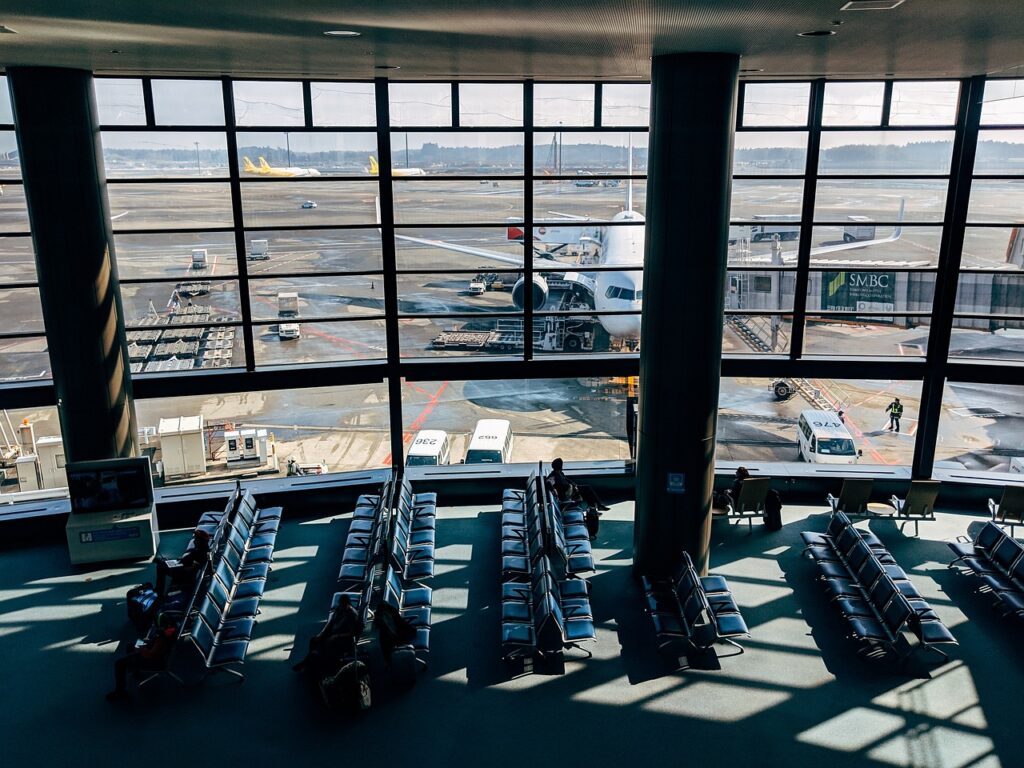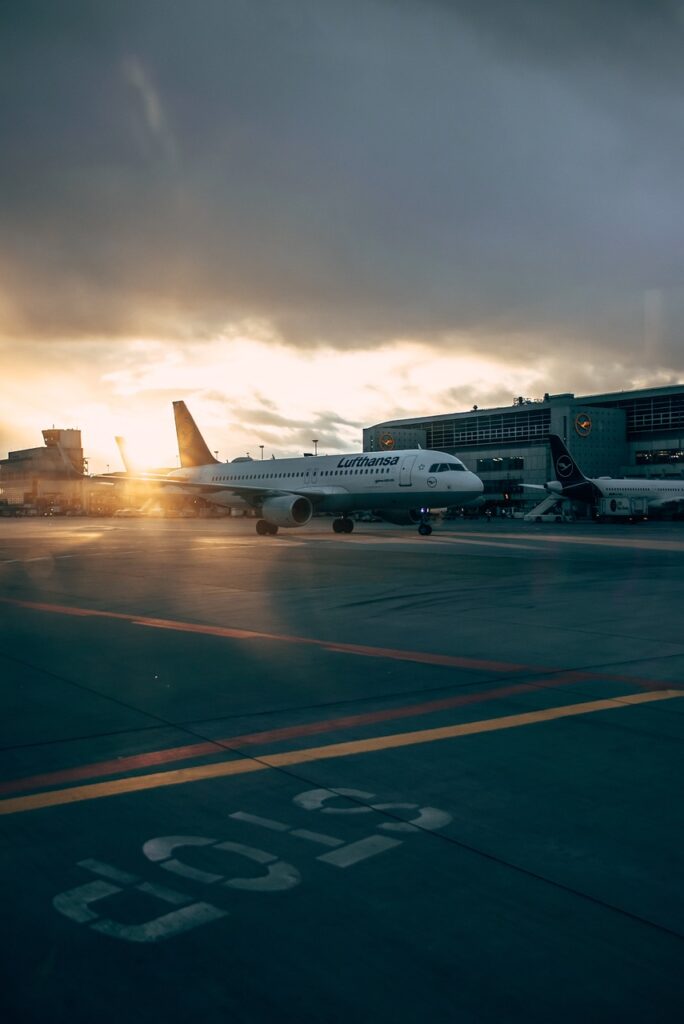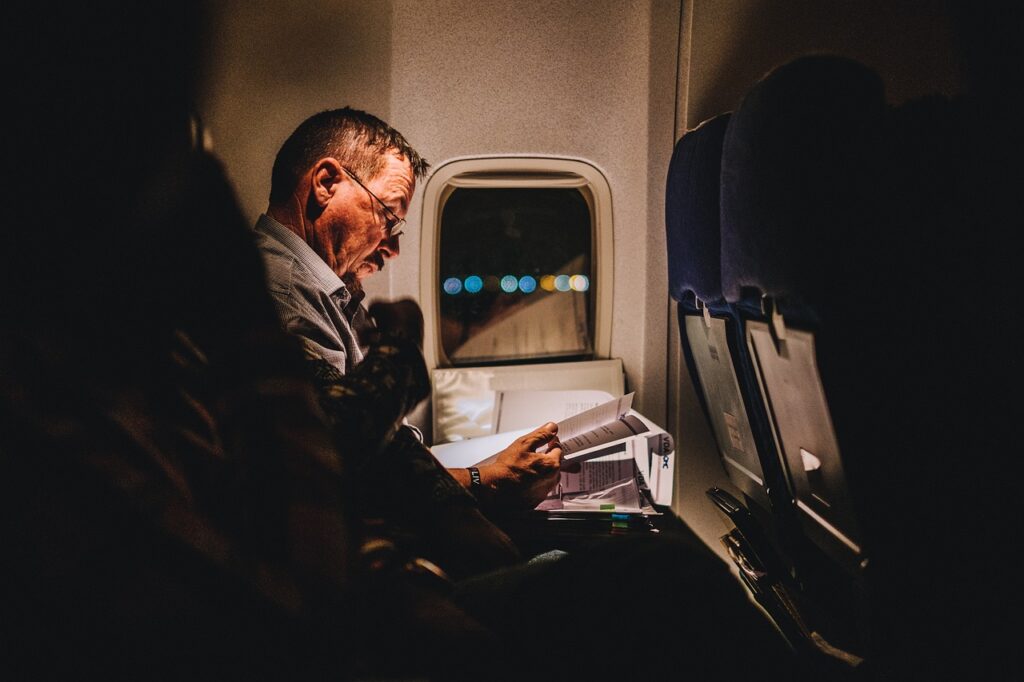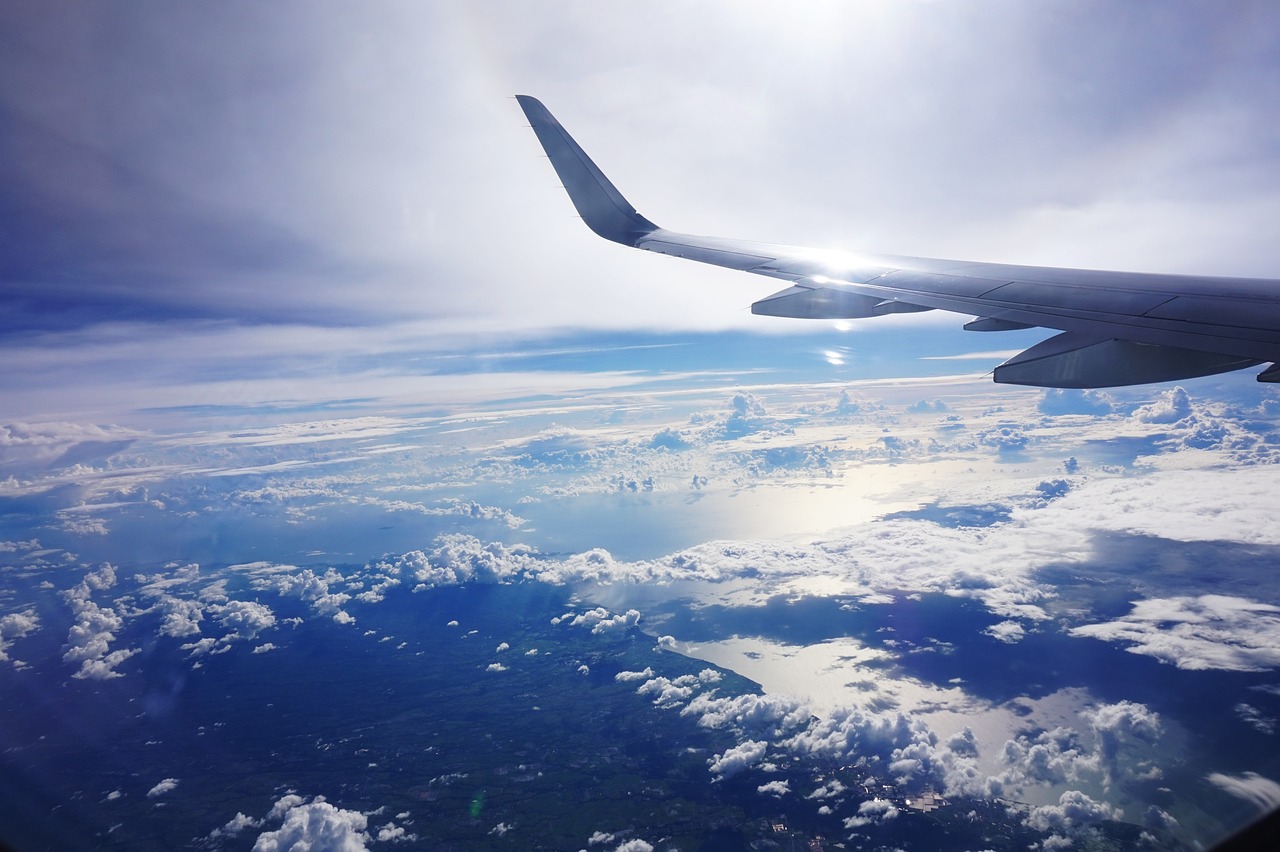The skies may be friendly, but the mounting fees for air travel services are causing turbulence for passengers and lawmakers alike. On December 4, 2024, the U.S. Senate Permanent Subcommittee on Investigations grilled airline executives over the sharp rise in ancillary fees—charges for services like seat selection and checked baggage. These once-included amenities have now become a major revenue stream for airlines, raising questions about fairness and transparency.

The Numbers Behind the Fees
A Senate report revealed staggering figures: between 2018 and 2023, five major airlines—American, Delta, United, Frontier, and Spirit—raked in $12.4 billion from seat selection fees alone. In 2023, United Airlines even made more money from seat fees ($1.3 billion) than from checked baggage charges.
While airlines defend these fees as a way to give consumers more choice, critics argue that the lack of transparency makes it nearly impossible for travelers to accurately budget their trips.
What Airlines Are Saying
Airline representatives claim these fees provide flexibility, allowing passengers to pay only for what they need. For example, Andrew Nocella, United Airlines’ Chief Commercial Officer, emphasized that à la carte pricing keeps base fares low for budget travelers while offering premium options for those willing to pay extra.
Lawmakers Push Back
Senators, however, are not convinced. They argue that these fees are often arbitrary and poorly explained. Senator Maggie Hassan criticized seat fees as a burden for families trying to sit together, while Senator Josh Hawley blasted baggage fees as a “shake-down,” pointing out incidents where airline employees are pressured to enforce them.

Regulatory Efforts to Rein in Fees
To combat hidden costs, the U.S. Department of Transportation (DOT) introduced a new rule in April 2024 requiring airlines to disclose all fees—checked bags, carry-ons, and reservation changes—at the time of ticket purchase. While this rule aims to bring clarity, it’s currently on hold due to legal challenges from the airline industry.
What This Means for Travelers
The rise of ancillary fees has fundamentally changed how airfares are presented. While base ticket prices may seem affordable, added costs for basics like baggage or seat selection often leave travelers paying more than expected. This pricing model makes it difficult to compare fares across airlines and can lead to unpleasant surprises at the airport.
Tips to Avoid Airline Fees
To help passengers navigate these costs, here are some practical strategies:
- Plan Ahead: Review the airline’s fee structure before booking your ticket.
- Pack Light: Stick to carry-on luggage to avoid baggage fees.
- Use Airline Credit Cards: Many co-branded cards offer perks like free checked bags and priority boarding.
- Join Loyalty Programs: Frequent flyer programs often come with fee waivers and seat upgrades.

FAQs About Airline Fees
1. What are airline ancillary fees?
These are extra charges for services not included in the base fare, such as baggage, seat selection, and priority boarding.
2. Why do airlines charge these fees separately?
Airlines claim it offers more choice and flexibility, allowing passengers to only pay for services they use.
3. Are airlines required to disclose fees upfront?
Yes, under a new DOT rule—but enforcement is currently paused due to legal disputes.
4. How can I avoid paying these fees?
Use credit card perks, pack light, and research the airline’s policies beforehand.
5. What’s next for regulation?
Lawmakers and consumer advocates are pushing for stricter oversight to curb excessive and hidden fees, but the outcome is uncertain.
The Bottom Line
While airlines argue that ancillary fees offer value and flexibility, passengers and regulators alike are calling for greater transparency. As debates continue in Congress and courts, travelers can expect to see ongoing changes in how fees are disclosed and regulated.
Sources The New York Times


